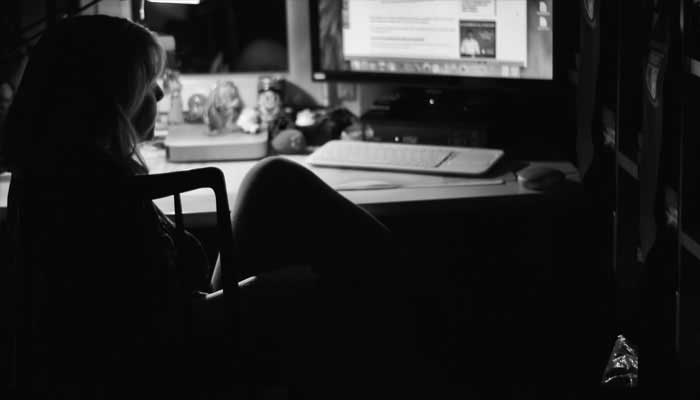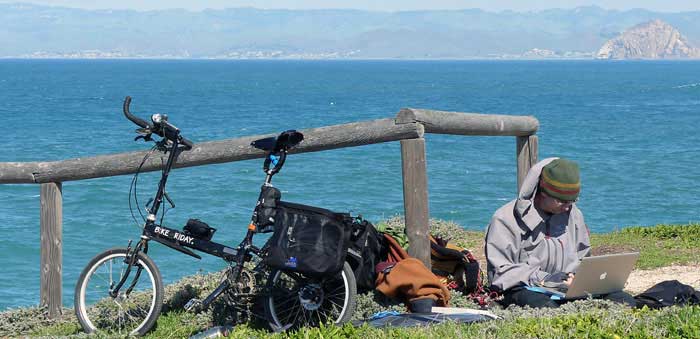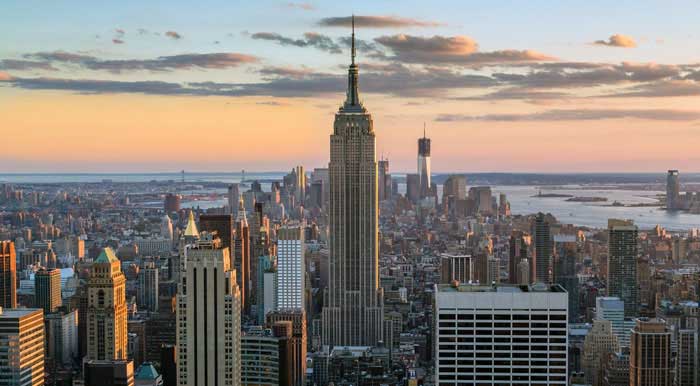Certain professions require staff to work during antisocial hours, which comes with some obvious disadvantages, but also some hidden advantages.
The obvious problem is the effect on your personal body clock. As humans we are used to sleeping during the night and being active during the day, but to spin this on its head creates a few difficulties. First and foremost is knowing when to sleep. If you try to sleep during the day, there is a lot more noise outside and light that can disrupt your sleeping pattern. We require 7-8 hours of sleep to function properly, and it can be a strain to your body to adjust when you fit this in.
Alongside a potential lack of sleep, it has ramifications on your social life. Most people like to meet up after work in the evenings to go to a bar or a restaurant, and this is most likely the time you'll be sleeping or working, and your work schedule will most likely contradict that of your family which can create friction. You have to force yourself to eat on a regular schedule and enforce healthy traits which normally come naturally during the day.
Altering your sleep pattern can also come with health complications if you're not careful. Irregular heartbeats and cardiovascular complications are not uncommon for people on the night shift. There's also a security risk as you travel to and from work at times which can potentially have more crime and danger on the streets, and workplaces are more prone to break-ins during the night.
On the other side of the coin are a plethora of different benefits. Companies tend to pay more money for people working during the night as compensation for the antisocial hours. Also, by doing all of your work during the night, providing you have enough energy left, you then have all of the day to fill in with other activities. Some people go back into study as universities and colleges tend to be open when they're not working. Some people take up new hobbies, or focus on developing skills. There seems to be more time as you have already got the hard part of your day over with. Some people even fill in some of this time with a second job.
During the night there are less interruptions and workflow is more consistent. There are fewer meetings to attend, fewer urgent emails and fewer distractions which means productivity increases.
If you're working in quite a big business, then chances are that during the night there are less staff which means less competition for anybody looking for a promotion. It also means there's a chance to pick up twice as many responsibilities and develop new skills as there are less people to designate these out to.
There's also a decrease in traffic to and from the office. This can help you save some money on fuel and some time from your schedule.
It's difficult to balance everything out, particularly the strange social hours and people's reactions to this, however once you are familiar and settled into a schedule, working the night shift doesn't have to be as bad as it sounds.




